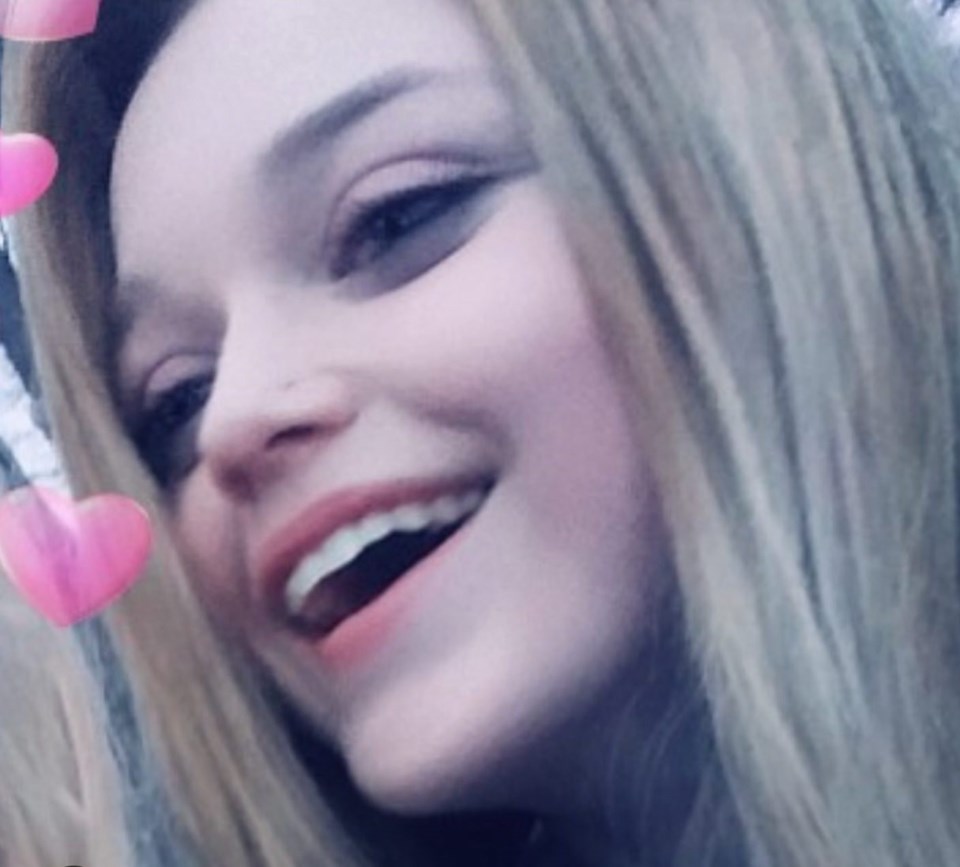In every generation, there is a point where parents sit their kids down and talk about drugs. I am pretty sure this conversation always starts with: “The drugs today are stronger than they were when I was young.”
I remember being a teen and adults talking about how marijuana was far stronger than it had been in their baby-boomer days of experimenting. The conversation never got more in-depth than that.
Things are different now, and the drugs on the streets today are terrifying to any parent starting to have these conversations. Drugs have always brought risk, and the drugs of today are killing people at a higher rate than ever before.
Teens are in a period of transition, and are gaining freedom and responsibilities as they prepare for adulthood. Teens are also very well-known for rebellion and the sometimes risky situations they put themselves in. Parents will always be concerned about their kids, and kids will always find a way to push boundaries. When you’re young, it’s easy to have the “It won’t happen to me” mentality.
How can we help teens fully comprehend the dangers of overdosing, and that death can happen to anyone?
I have been following the shocking stories of teens overdosing in the news lately. Hearing about these young people losing their lives is heartbreaking, and it continues to happen. When I saw the photo of 16-year-old Belmont Secondary student Abby Barker, who died in August of a suspected overdose, all I could think was how young she was. I watched the footage of her friends and family coming together to celebrate her life.
I followed the coroner’s inquest into the death of 16-year-old Victoria teen Elliot Eurchuk, and it demonstrated the challenges, hurdles and heartbreak families are faced with when trying to help family members involved with drugs.
It doesn’t matter if a teen is trying drugs for the first time or has been living with addiction: Overdoses happen, and no one is immune. I am not sure what the answer is. I am certain it’s not a clear, definitive answer, but we need to keep looking for it.
The recent news coverage of the death of 14-year-old Carson Crimeni made me cringe. The youth overdosed at a skateboard park in Langley surrounded by teens filming him on their phones. They laughed at him and posted the videos to social media. He was found alone in a ditch, barely breathing, and then died later in hospital.
I don’t know exactly what happened that day. I wonder if the onlookers knew he was overdosing. Could things have been different if they received education on what overdoses look like and what to do when witnessing one?
After Carson’s story, I think every parent should talk with their children about looking out for other people and doing the right thing. The message should be: “You will never get in trouble for saving someone’s life.”
I also wonder if the teens at that park knew he would die. I would like to hope that they didn’t intentionally leave him there to die. Regardless of what I think could have happened or should have happened, it didn’t.
A 14-year-old is dead and his family is broken, not only by his loss, but the disregard for human life that was demonstrated by his peers posting videos online, not calling for help, and leaving him alone.
When I talked to my daughter about drugs and explained that the dangers today are greater than ever before, she asked me: “If they are so dangerous, why do people keep making them stronger?” It’s a good question, and I don’t know the answer.
I know not all overdose deaths garner the same media attention, and there must be so many more than we ever hear about. Overdoses are an epidemic, and not just for teens: People of all ages, ethnicities and income levels are dying, and no one is safe.
I am not sure what the answer is, but I know it’s worth looking for.
Charla Huber is the director of communications and Indigenous relations for M’akola Housing Society and M’akola Development Services.



